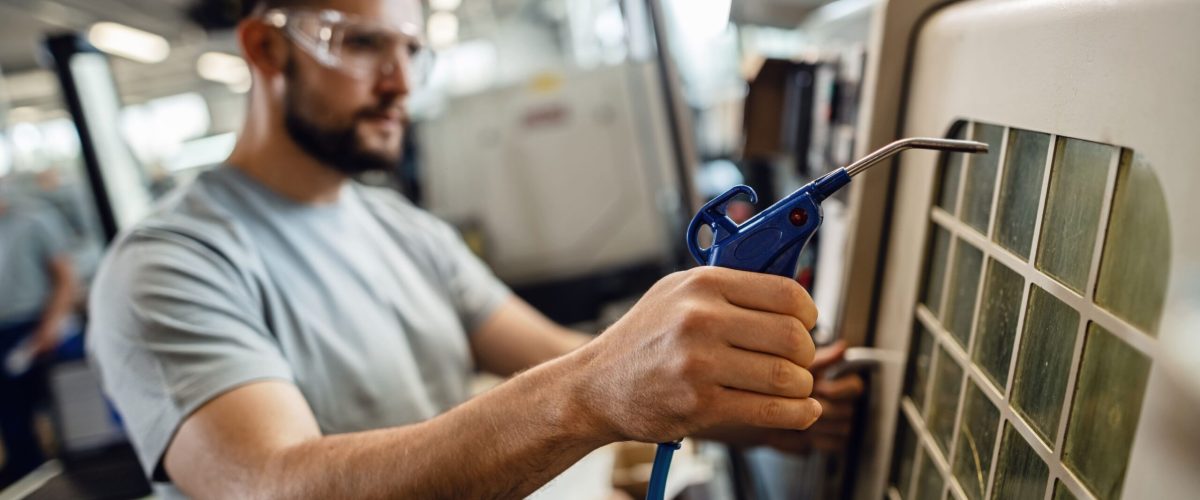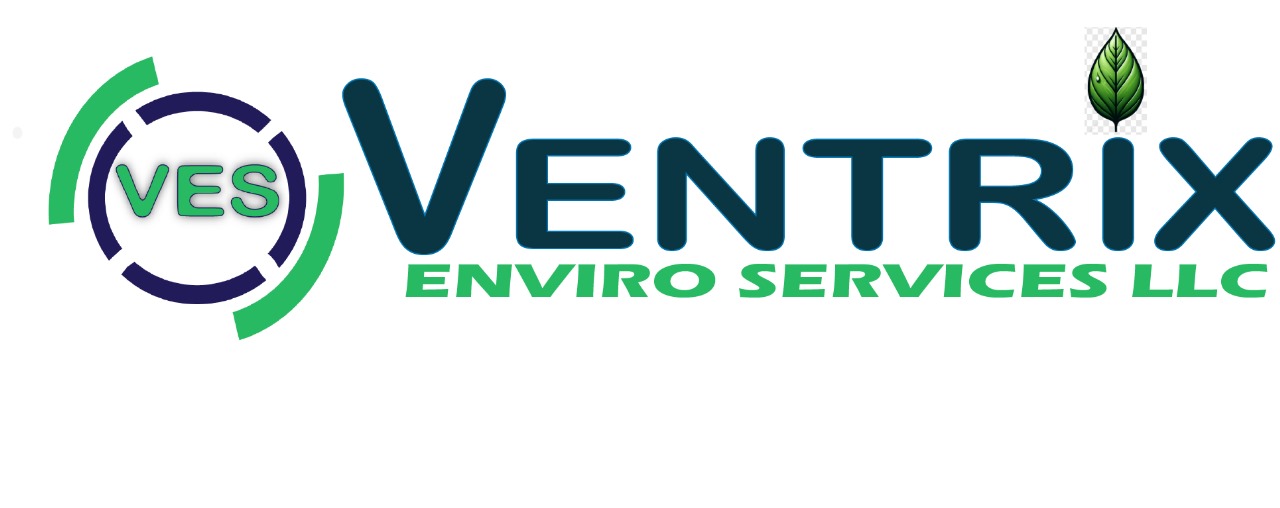HVAC Annual Maintenance
HVAC annual maintenance is a comprehensive service performed once a year to ensure that a heating, ventilation, and air conditioning (HVAC) system operates efficiently, safely, and reliably. Regular maintenance helps prevent breakdowns, improves energy efficiency, and extends the lifespan of the system.

Process of HVAC Annual Maintenance:
1. System Inspection – A certified technician inspects the entire HVAC system, including ductwork, filters, electrical connections, and refrigerant levels.
2. Filter Replacement – Dirty air filters are cleaned or replaced to maintain proper airflow and indoor air quality.
3. Cleaning Components – Key components like the condenser coil, evaporator coil, and blower motor are cleaned to remove dust, debris, and buildup that can reduce efficiency.
4. Lubrication of Moving Parts – Bearings, fans, and motors are lubricated to reduce friction and wear, preventing premature failure.
5. Checking Refrigerant Levels – The technician ensures that refrigerant levels are optimal to maintain cooling efficiency and prevent compressor damage.
6. Testing Thermostat & Controls – The thermostat is calibrated, and system controls are tested to ensure proper operation.
7. Inspecting Electrical & Safety Components – Electrical connections are tightened, and safety controls are tested to prevent hazards like short circuits or overheating.
8. Ductwork & Ventilation Check – The technician inspects ducts for leaks, blockages, or insulation issues that may impact efficiency.
9. Final Performance Test – The system is tested in heating and cooling modes to verify proper operation and efficiency.
Benefits of HVAC Annual Maintenance:
• Improved Energy Efficiency – A well-maintained system operates more efficiently, reducing energy consumption and lowering utility bills.
• Extended Equipment Lifespan – Routine maintenance prevents wear and tear, helping the system last longer.
• Fewer Repairs & Breakdowns – Identifying issues early prevents costly repairs and emergency breakdowns.
• Enhanced Indoor Air Quality – Clean filters and components ensure healthier air circulation.
• Consistent Comfort – A properly maintained system provides steady heating and cooling without unexpected fluctuations.
• Safety Assurance – Ensures gas, electrical, and mechanical components function safely, preventing hazards like carbon monoxide leaks or electrical fires.
How Often Should HVAC Systems Be Serviced?
It’s recommended to schedule HVAC maintenance at least once a year, ideally before the start of peak heating or cooling seasons. In areas with extreme weather conditions, biannual servicing (before summer and winter) is advisable.
